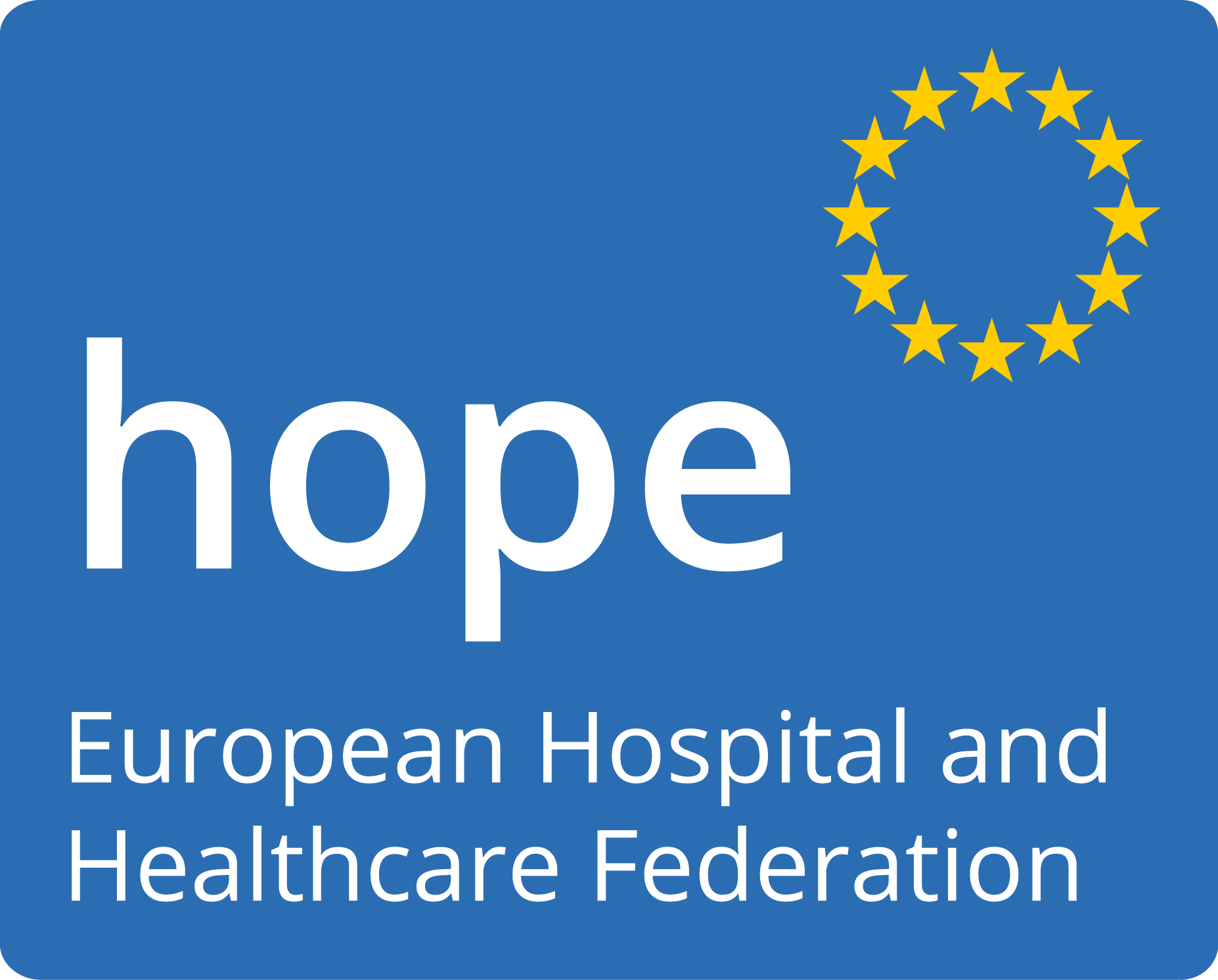Waste
In 2022; HOPE contributed to the consultation on the revision of the Waste Framework Directive.
Water
The topic of water is an essential component for hospitals, both in terms of water consumption, pollution and flood risks.
HOPE is following the Water Resilience Strategy announced in the political guidelines for the European Commission 2024-2029. This Strategy should address water efficiency, scarcity, pollution and water-related risks.
On 21 July 2020, a Roadmap on the revision of the Directive on ‘Water pollution – EU rules on urban wasterwater treatment’ was launched. On 17 September, the European Parliament approved a resolution calling for new measures to tackle pharmaceutical pollution.
On 25 November 2020, an overview of the progress made in implementing the actions of the ‘Strategic Approach to Pharmaceuticals in the Environment’ showed that implementation of some actions is already quite advanced. For instance, this is the case with the adoption of the revised Surface Water Watch List and the development of new guidelines on hazardous household waste.
On 11 March 2019, the European Commission presented its ‘Strategic Approach to Pharmaceuticals in the Environment’ which identifies six action areas concerning all stages of the pharmaceutical life cycle, where improvements can be made, both for human and veterinary use.
On 12 December 2019, the European Commission released a fitness check of the ‘Water Framework Directive’, its associated Directives, and the Floods Directive which highlighted improvements and obstacles for a better implementation.
In November 2017, a Public Consultation was launched on pharmaceuticals in the environment to which HOPE responded in February 2018.
Energy
Hospitals are high-energy environments, necessitating reliable sources of energy. As such, the energy topic is an essential one for HOPE to follow, both in terms of management, efficiency and access. Energy use goes from lights to high-operating machines such as MRIs or scanners.
HOPE followed both both the files on the Energy Performance of Buildings Directive and on the Energy Efficiency Directive.
The revised Energy Efficiency Directive entered into force on 10 October 2023, while the Energy Performance of Buildings Directive entered into force on 28 May 2024.
On 3 August 2020, the European Commission released a Roadmap on the EU ‘Energy Efficiency Directive’ to proceed to its evaluation and review. Finally, on 17 November 2020, a Public Consultation was launched to evaluate the Directive.
The 2012 EU ‘Energy Efficiency Directive’ 2012/27/EU (EED) established a set of binding measures to help the EU reach its 20% energy efficiency target by 2020. With the European Green Deal, climate ambitions have been raised upwards and the European Commission assessed how the EU’s greenhouse gas emissions could responsibly by reduced by at least 50% to 55% by 2030.
Food consumption and waste
Hospitals are important food providers for hospital staff, patients, and visitors. As such, they are involved in reflexions on circular economy with local providers, with the importance of reducing food waste as well as food quality and safety.

